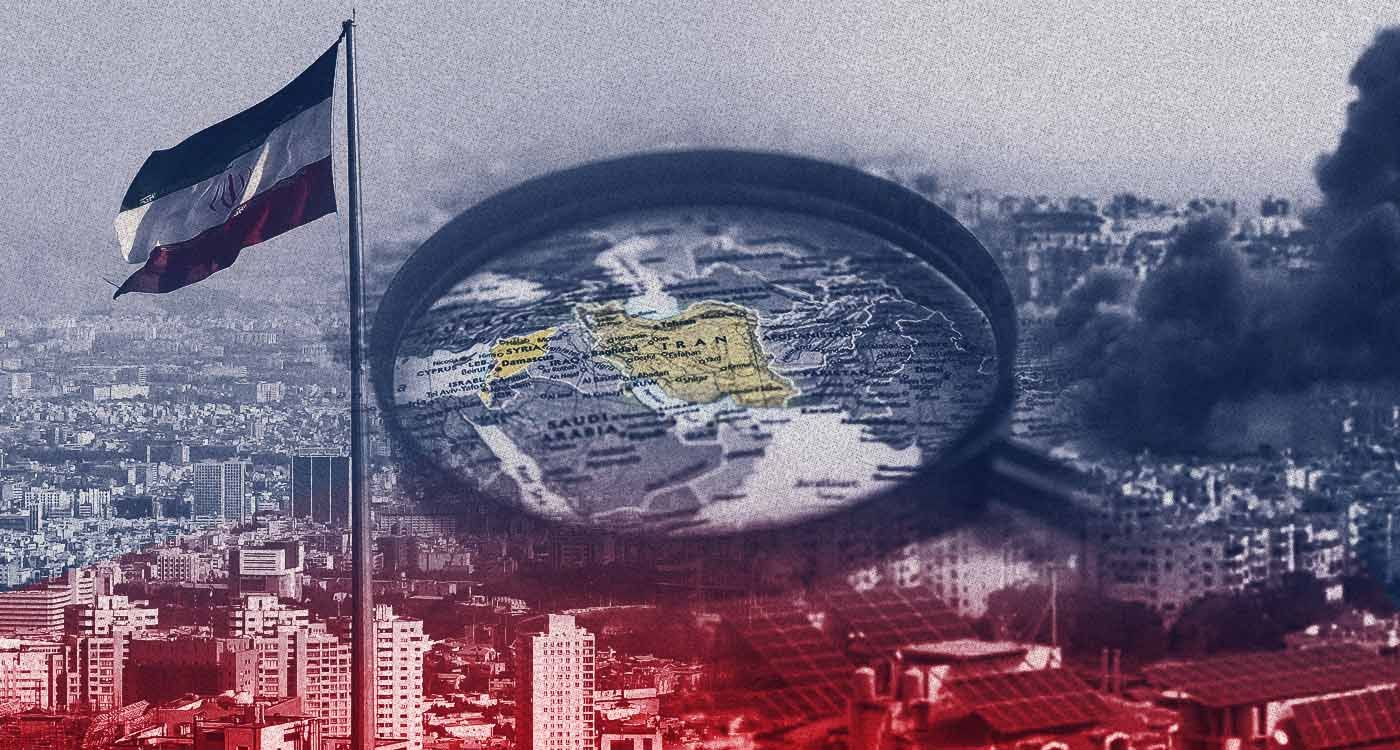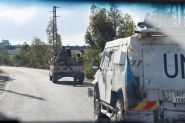
The repeated truce breakdowns and the rising state of violence at the borders with Syria call into question the ability of the Lebanese state to regain control of its borders and oversee the gradual stabilization of Lebanese territory. The equivocations of the new government betray its inconsistencies and incapacity to come up with an integrated national security plan. The externalization of blame and the proliferation of security voids abound at a time when the Lebanese were preparing themselves for a postwar era with reconstruction and developmental concerns as the overriding concern. The ideological blinders of the prime minister and his pliability to the blackmailing of the Shiite power brokers have paved the way for complacency.
What’s worrisome is the open disregard for the international mandates and the childish sheltering behind victimization rhetoric at a time when the international community is striving to uphold Lebanon’s ability to improve its diplomatic credentials and rehabilitate its political stature. The new executive is failing to uphold the country’s moral and political autonomy and to reopen the channels of communication with the international community. The litany of complaints echoed by Prime Minister Salam and President Joseph Aoun was quite illustrative of the diplomatic ineptitude and the inability to take responsibility before the international community that resolutely backed the emerging executive and entrusted it with implementing implementation of the international resolutions (1701, 1680, 1559).
Rather than facing up to security challenges and the incendiary rhetoric of Hezbollah and its acolytes, the new executive restated its denial and its complacency – if not its complicity – toward Hezbollah’s open politics of subversion. The ideological blinders and the unwillingness to confront Hezbollah are manifestly degrading the legal and political stature of the State of Lebanon and jeopardizing its ability to get its act together and restore its sovereignty. The Lebanese government cannot blame its powerlessness on Israel and hold it responsible for the inwardly generated security hazards. Ideology and well-entrenched prejudices can never make up for political deficiencies.
This state of political prostration has proven destructive in the past decades, leading to the gradual unraveling of civil peace, democratic politics and constitutional statehood. Unfortunately, the same script seems to reemerge in the current political course and undermine the viability of civil concord and its political and institutional correlates. Hezbollah is quite adamant about its extraterritoriality, vocal about its domination politics, and determined to challenge regional stability at both Syrian and Israeli borders, while reasserting the flimsy narrative of the integrated fronts after its collapse. The political blindness is unlikely to change the raw facts of geostrategic mutations.
The overt manipulation of the Iranian regime is obvious at a time when its security pillars at the regional level have floundered. The whims of the restored military capacities are matched with the open threats to domestic stability, the completion of the nuclear military conversions, and the delusion of overturning the current dynamics, while the corrosive entropies eat away at the very roots of the Iranian imperial projections and the decaying legitimacy of religious totalitarianism.
The new power incumbents have a hard time positioning themselves within the new military and political dynamics and have failed to understand the urgency to break away from their ideological lenses and review their policy foundations. Hence, their incapacity to distance themselves from the dictates of previous eras and their outdated agendas. They failed to open up to the new perspectives elicited by the strategic transformations brought about by the Israeli counteroffensive and the destruction of the operational platforms of the Iranian expansion strategy and its battlements.
The reckless headlong pursuit of these debunked strategies is short-sighted, and its overall reverberations are highly damaging to both the regional and national geostrategic textures and shall inexorably lead to the endemic civil wars earnestly sought by the Iranian regime, its proxies (Hamas, Hezbollah, Popular Mobilization Forces, congregated Shiite militias operating throughout the Near East), and terrorist panhandlers (Houthis, organized criminality in Africa, South America, etc.). The new theater of operations in Syria is no coincidence; it falls within the same scope: the ultimate attempt at salvaging the fledgling defenses of a routed Iranian strategy.
The new executive doesn’t seem prepared to deal with the complexities of the new dynamics, instead preferring to dwell in its ideological entrenchment, disengage from realpolitik and the challenges of a negotiated peace with Israel. In the meantime, Lebanon is risking its civil concord, the viability of its statehood and its survival. Joseph Aoun’s recent visit to France and its false expectations, the ideological inwardness and Nawaf Salam’s psychotic defenses nurture the tendency to overlook the surrounding strategic realities.




Comments